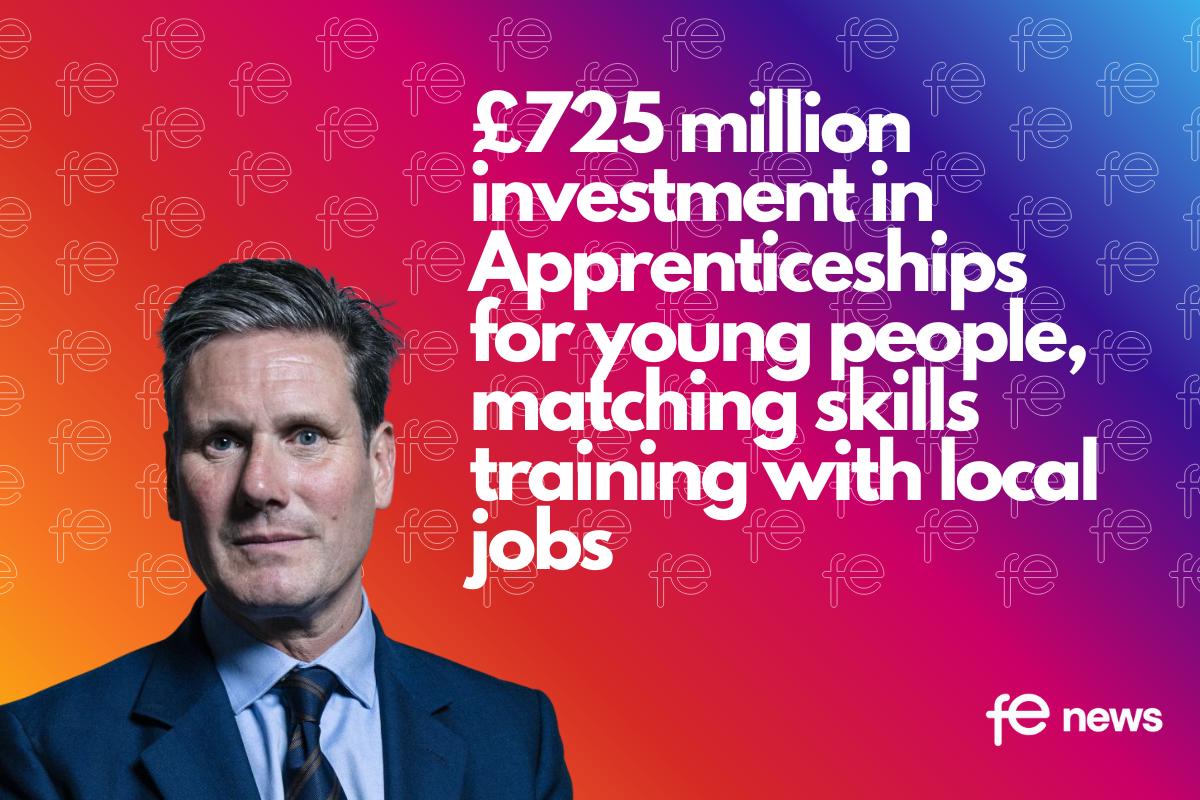Upskilling and Reskilling through Modularised Higher Education

Covid-19 has affected every aspect of our lives and its effect will continue to be felt in the years to come. The global pandemic has changed how we work, the availability of work, and who works. The skillsets we now need for work have changed, and so must the way we learn new skills.
Combining Higher Education with other life commitments
There have been long-standing problems on the flexibility of options available to post-16 individuals. Research commissioned by Universities UK in 2018 showed that the most common reason, after financial reasons, for not taking up part-time higher education was a lack of flexibility in fitting study alongside other life commitments.
Two-thirds had wished to change or develop their careers through part-time study, and nearly two-thirds were aged under 45. Around half had Level 2 or 3 as their highest qualification held.
The lack of flexibility to study alongside work or other life commitments has held back not only these individuals – 76% reporting no subsequent progression in their careers – but also employers, who are reporting growing demand for higher-level skills (CBI-Pearson, 2019).
The World Economic Forum has estimated that – pre-pandemic – 1.37 million workers in the US have jobs at risk due to technological change (WEF, 2019).
A lack of flexibility is therefore not only restricting the life-chances of individuals, but also the country’s economic growth – growth that will be essential to the UK as we seek to recover from the global pandemic.
Meeting the needs of learners
What should more flexible options in higher education look like? Research commissioned by the Department for Education showed that learners wanted to be able to study at their own pace, at a place of their choosing, and have the necessary support to do so.
The pandemic has meant that universities have, through necessity, delivered their provision and support remotely and a blended approach between in-person teaching and online delivery will be taken over the forthcoming academic year.
This more flexible approach will, no doubt, help many of those who found attending face-to-face teaching impossible alongside their existing commitments. However, the barrier of studying at one’s own pace remains.
Current barriers to modular study
This barrier comes in the form of a learner’s ability to access finance for their study. Unless a learner commits to studying at least 25% of a full-time equivalent course and to a specific qualification, they are not eligible for student finance.
Both these commitments are significant, whether you are juggling working alongside study or considering a return to study after a long period out. This lack of finance has led to a lack of student demand for more bite-sized learning, which is a primary driver behind a lack of modules on offer at universities at the undergraduate level.
A further barrier to increased supply is the way the current regulatory framework disincentivises modular learning.
Fee and Maintenance Support for modular study
The pivotal role of finance was highlighted in the post-18 review of education and funding, which recommended learners being able to access student finance for modules of credit-based Level 4, 5 and 6 qualifications.
Both higher and further education providers play a crucial role in the delivery of Levels 4 and 5. Therefore any modification to student finance to support learners needs to be introduced alongside closer collaboration between higher and further education to best meet the needs of learners.
Covid-19 and modular study
A consequence of the pandemic will mean the set of potential learners who wish to study flexibly – be it in further or higher education – will rise markedly. There will be those who are out of work, and for whom a return to their former sector of work looks difficult or impossible.
Different parts of the country will be disproportionately affected. Some individuals may wish to study to increase their likelihood of finding a new role. There may be uncertainty over how long they will be unemployed for – therefore committing to a full qualification and 25% of full-time to access finance for their studies may be a step too far.
A stark trade-off faces these individuals – between looking for work and studying. It should not have to be this way.
Today’s Graduates
We must also not forget recent graduates, who will face considerable challenges and competition in finding work. Increased skill sets through paid internships, and studying a module, say on technical or digital skills, could give a recent graduate the edge in a highly competitive market (Universities UK, 2020).
Bite-sized learning, alongside a job search, should be made financially possible for all, and not be reserved for those who have the family means to self-fund.
College and University Collaboration
The education landscape can be complex to navigate and learners may not always know of the route through that may best serve their needs. As a consequence, collaborations across higher and further education to better sign-post and support learners are crucial.
The Commission on the College of the Future has set out in its vision that colleges will work collaboratively across the wider education and skills system in new ways. 2018 research commissioned by Universities UK showed that there is growing collaboration between higher and further education and employers, and a wealth of diversity in the approaches taken. However, collaborations require time and resource to develop, and must overcome competitive drivers between higher and further education.
Three Reforms for the White Paper
- First, the white paper must make modular study accessible to all from Level 4 and above so that learners can accumulate qualifications over time. Learners should be able to access fee and maintenance support to study modules as those currently studying full and part-time can. Support should cover those with no prior experience of higher education, those seeking to return to study after a long period away, and recent graduates.
- Second, the reforms in the white paper should ensure universities are recognised – and not penalised – for helping learners to study at their own pace. This would involve looking at current performance metrics to appropriately recognise learning by module.
- And third, the white paper should actively encourage through incentives collaboration between higher and further education, to enhance decision making by learners. Support could be provided through the National Skills Fund or through supporting the transformation of universities, which Universities UK has been calling for to ensure long-term financial sustainability of the sector.
Julie Tam, Universities UK
‘Revolutionary Forces’In the immediate aftermath of the Covid-19 pandemic, it is easy to forget that there were wider revolutionary forces at work on the UK’s economy before the virus outbreak. Issues such as Brexit, the rise of automation in the workplace, longer working lives, and poor UK productivity have brought into even sharper focus, education and skills. NCFE and Campaign for Learning (CfL), published the first in the series of ‘Revolutionary Forces’ discussion papers on 6 July 2020. In this Revolutionary Forces series different perspectives and proposed reforms for the post-16 education and training system have been brought together in one pamphlet, from expert stakeholders, think-tanks and educational professionals. Building on the recommendations outlined in the first paper for flexible reforms that support economic and social renewal, this new paper, “Reforms for a Revolutionary Post-16 White Paper“, takes a deeper look at which areas need to be addressed. The authors are:
|











Responses